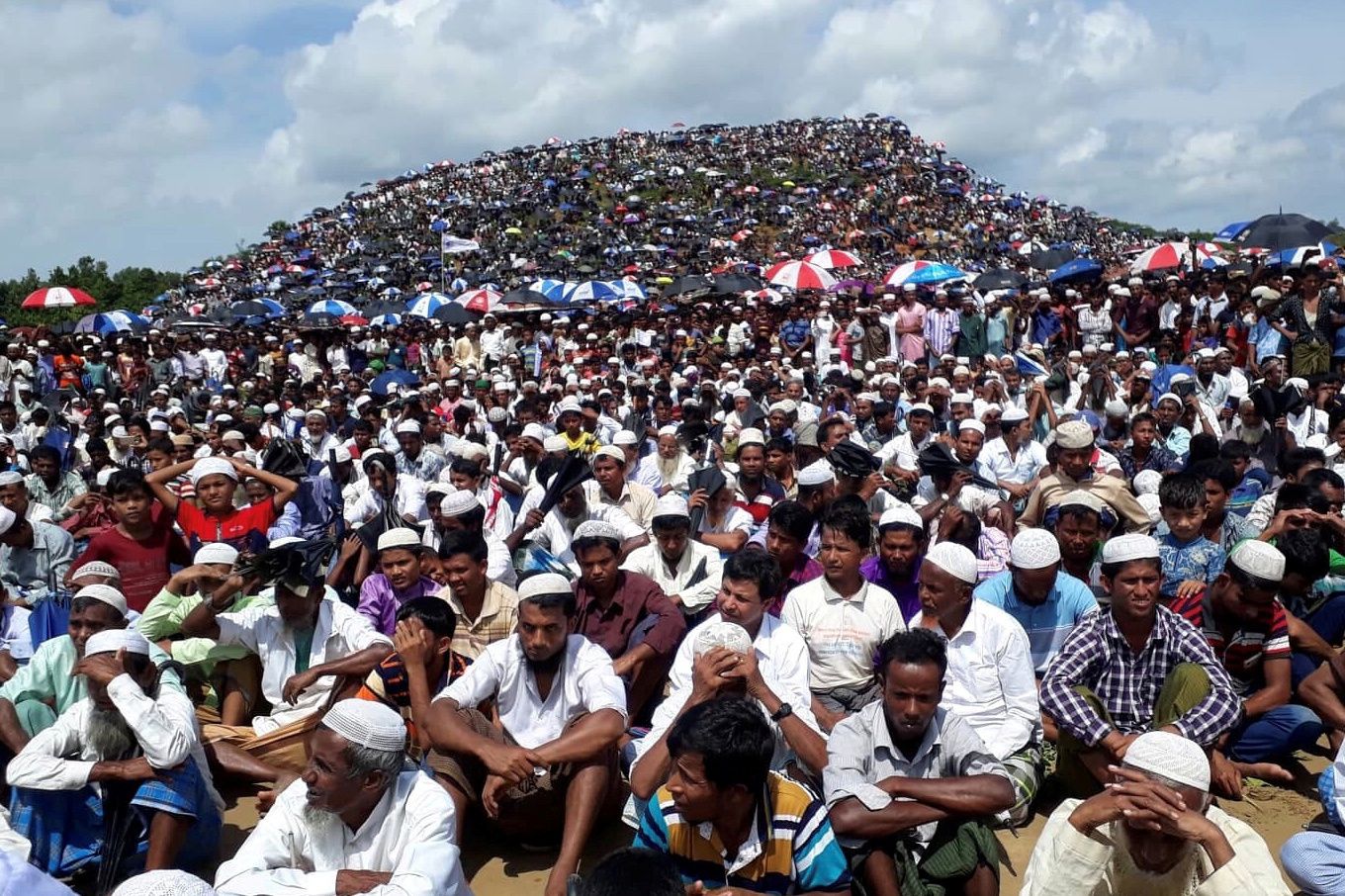13: More than 13 percent of US adults, 34 million people, report having a friend or family member who has died in the past five years because they couldn't afford medical treatment, according to a new Gallup poll. Polls show that voters consider healthcare a high-priority issue in next year's US elections.
58: Ethiopian authorities will charge 58 people over the coordinated killings of state officials in June that Prime Minister Abiy Ahmed described as a coup attempt. Ethnic and religious tensions have sparked a fresh outbreak of violence in that country in recent weeks.
500,000: To combat the second worst Ebola epidemic on record, at least 500,000 people in the Democratic Republic of Congo will soon receive a new Ebola vaccine over a 10-month period. But some scientists say the drug's long-term side effects haven't been sufficiently tested.
2: The International Criminal Court authorized an investigation into allegations that Myanmar's military committed crimes against humanity that forced 600,000 Rohingya Muslims to flee to Bangladesh. That's the second action against Myanmar at The Hague this week after the International Court of Justice said it will take up a case against Myanmar for violating the Geneva Convention.
